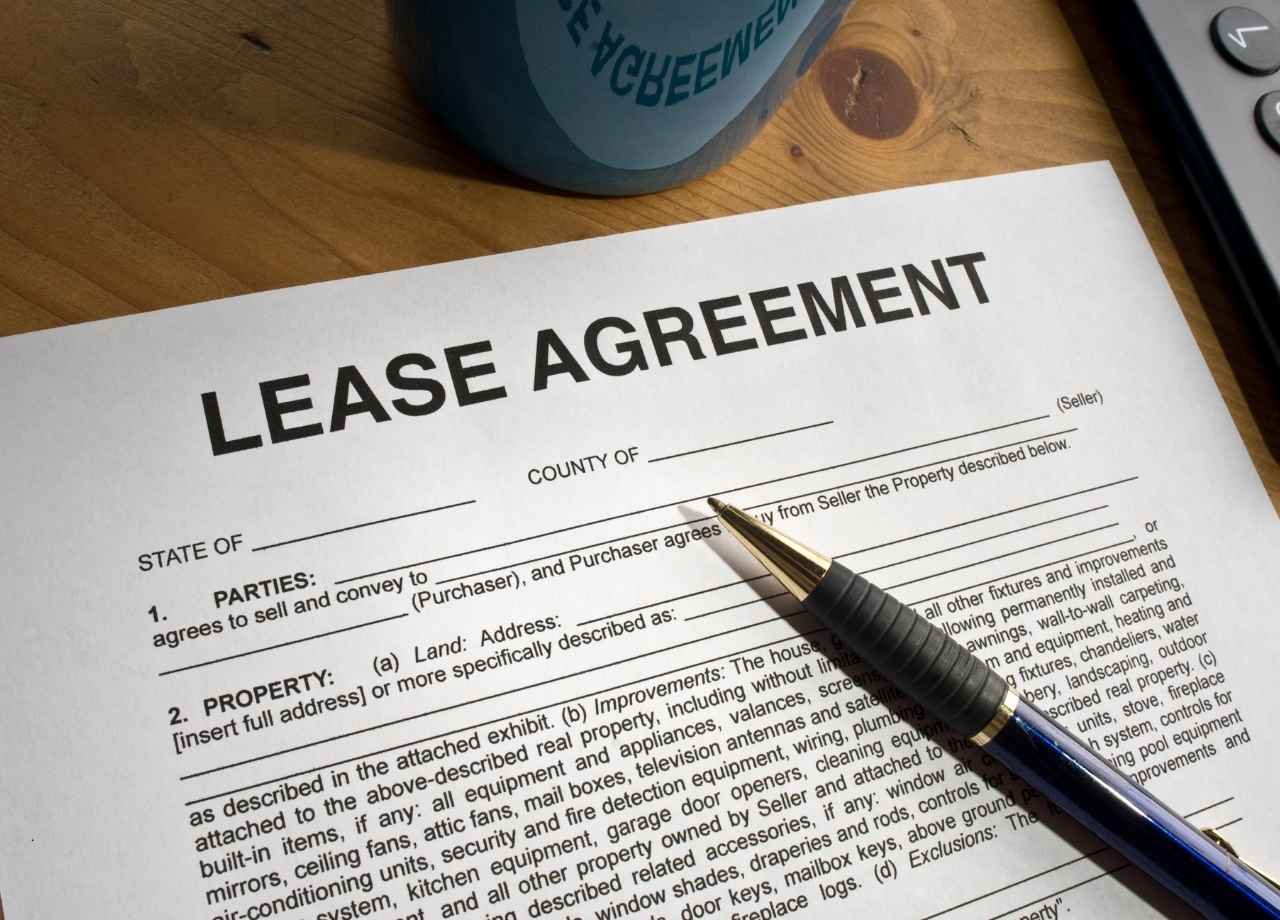If you’ve been managing apartments for any stretch of time, you already know this isn’t just a casual decision. Offering a long-term lease can either set you up for smooth sailing or lock you into a year of frustration. It’s not about what sounds good on paper—it’s about what actually works in real life, in your property, with your residents.
Let’s break down what really matters when deciding whether or not to go long-term with a lease. No fluff, no textbook answers—just what you actually need to know.
Long-Term Leases Can Be Great—If You’ve Got the Right Resident
One of the big appeals of long-term leases is that they promise consistency. Fewer move-ins and move-outs. More stable rent payments. Less time spent showing units and going through applications. It’s easy to see why a lot of property managers lean toward locking in for 12 months or more.
But that steady income only feels good when it’s coming from someone who respects the lease, communicates when there’s an issue, and takes care of the unit like it’s their own. That’s not always the case.
I had one resident who ticked all the boxes during screening. Good credit. Steady job. Clean background. I offered them a 15-month lease thinking I was making a smart play. Three months in, I was dealing with noise complaints from three different neighbors and late rent every other month. Since they were under a long-term lease, my hands were tied unless I wanted to start a drawn-out legal process. If I had started them on a shorter lease, I would’ve had options sooner.
That experience taught me that a long-term lease is a reward, not a default setting. It’s best offered to someone who’s already shown you they’re a solid fit—not just someone who looks good on paper.
The Cost of Turnover vs. the Cost of Being Stuck
Turnover is expensive—there’s no way around it. When a resident moves out, you’re usually looking at paint, deep cleaning, possible repairs, and the marketing push to get someone new in. And even if everything goes smoothly, the unit might sit empty for a few weeks. Multiply that across several units in a year, and you’re suddenly watching your maintenance budget and revenue take a hit.
That’s a big reason long-term leases are tempting. They cut down on how often you go through that whole cycle.
But here’s the flip side: just because someone stays longer doesn’t mean it’s always a win. When someone’s around for two or three years straight, the damage—or neglect—can build up behind closed doors. One resident left after a 30-month lease, and we didn’t discover the extent of the pet damage until the walkthrough. The carpets had to be pulled. The baseboards were chewed. And the smell? It took weeks to clear out. The security deposit barely put a dent in the total cost.
If you’re not keeping tabs on the unit through regular inspections, that long-term lease can quietly cost you more than a couple of short-term ones would’ve. The idea is to find balance: reduce turnover without turning a blind eye.
Market Changes Can Catch You Off Guard
Real estate is always shifting. Sometimes rents shoot up. Sometimes they dip. A long-term lease locks you—and your resident—into the rate you agreed to, even if the market moves in your favor.
There was a stretch when rents jumped in our area by about 8% in less than a year. Great news—unless you had someone locked into a 14-month lease at last year’s rate. I did. And while other properties were cashing in on the rise, I had my hands tied with long-term leaseholders sitting under market value.
That doesn’t mean long-term leases are always a bad idea when rents are rising. It just means you need to weigh it carefully. If your market’s unpredictable, shorter leases might give you the wiggle room to adjust. Or, you can build in modest rent increases to long-term leases—but only if your state laws and your lease terms allow it.
A Great Resident Relationship Makes a Big Difference
Some residents are just easier to work with than others. They take care of the place. They call in maintenance issues early. They don’t stir up trouble. When you’ve got that kind of relationship, a long-term lease can feel like a natural next step. You want to keep them around, and they want the security of knowing they’re not moving anytime soon.
What I’ve found helpful is not rushing into those decisions. I’ll sometimes offer a 6-month lease to someone new, and if things go well—on both sides—I’ll offer a longer renewal when it’s time. That way, I’m not guessing how things will play out over a full year or more. I’m letting the experience speak for itself.
And let’s be honest—good residents talk. They’ll tell friends and family how they’re treated. So offering long-term leases as a reward for proven reliability can actually help with word-of-mouth referrals.
You Can Plan Ahead—But You Can’t Predict Everything
Even with all the planning and experience in the world, things happen. People change jobs, get divorced, take in family, adopt pets—they grow out of the space or suddenly decide to move across the country. A long-term lease might protect your income, but it doesn’t guarantee someone won’t ask to break it halfway through.
When that happens, you’ve got to fall back on your lease terms. That’s why it’s smart to have a clear lease that covers early termination, penalties, notice periods, and how much responsibility the resident has for helping you re-rent the unit.
And here’s where Pest Share quietly plays a role. With long-term residents, pest issues can come up out of nowhere, and residents don’t always report things right away. Having pest coverage built into your lease offering can give both you and your residents some peace of mind. It becomes part of the value you offer—not just a benefit, but a smart add-on that protects the home and your reputation.
So—Is It Worth It?
There’s no universal yes or no. It depends on the resident, the property, the market, and your management style. But here’s what I’ve learned: long-term leases can absolutely work in your favor if you’re careful about who you offer them to and how you manage the relationship. They reduce hassle, bring in steady rent, and create a sense of home that some residents really appreciate.
But when used with the wrong resident—or without enough oversight—they can backfire.
So treat a long-term lease like a partnership. Don’t offer it out of convenience. Offer it when the time, the person, and the conditions are right.






